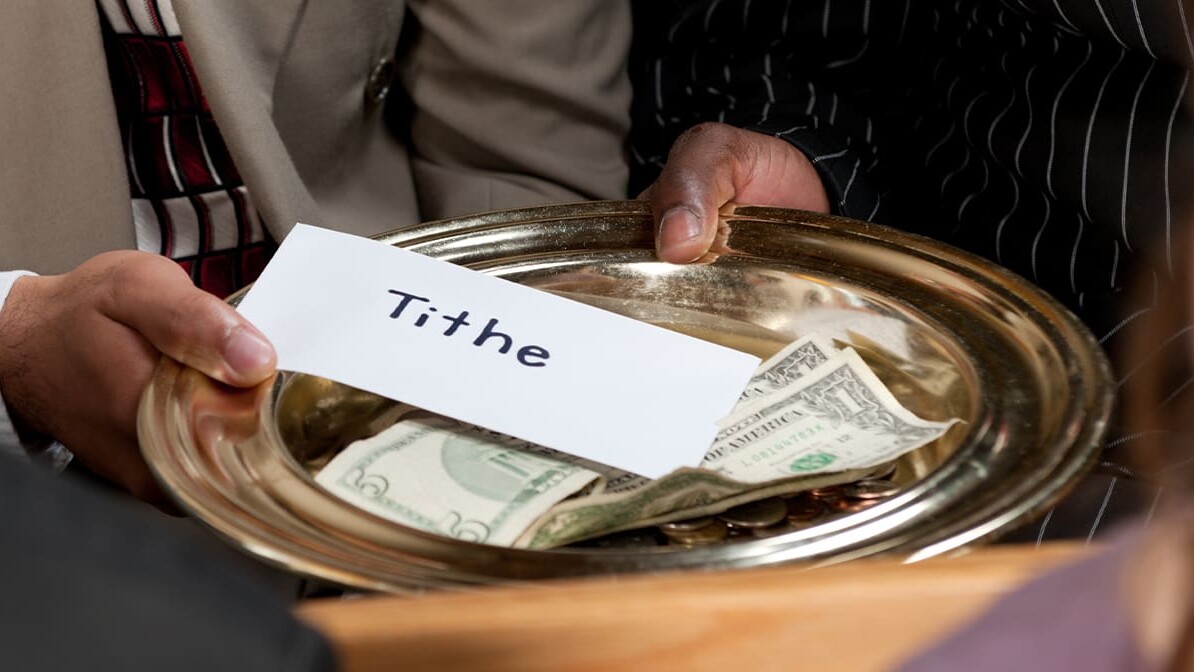Related Articles
5 Traits of Good Leadership
The traits of good leadership aren’t just about results—they’re about relationships. Servant…
End-of-Year Giving Benefits: Tax Savings, Legacy Gifts & Stewardship
As the year draws to a close, many believers take time to reflect on God’s goodness, their personal…
What Does the Bible Say About Finances?
Learn what the Bible teaches about money, giving, and contentment. Explore 10 scriptural principles…
Can You Smile at Your Future?
When you make the Lord your dwelling place amid life’s storms, you can rest confidently in His…
Next Steps To Strengthen Your Walk
Inspiration Today Newsletter
Supercharge your faith and ignite your spirit. Find hope in God’s word. Receive your Inspiration Today newsletter now!
Christian Articles
Find articles to strengthen your walk and grow your faith. We have a wide range of topics and authors for you.
Submit A Prayer Request
We are here for you. Simply click on the button below to reach us by form, email or phone. Together we will lift our hearts and voices with you in prayer.






